Homeward Releases Data from Winter Point in Time Count 2024
Unsheltered Homelessness Continues to Rise as Housing Instability Remains a Top Regional Issue.
Richmond, VA – March 4, 2024 – Data from the January 2024 Point in Time (PIT) count show that a significant number of individuals and families continue to experience homelessness in the Richmond region. Housing instability has remained a persistent challenge in the region and driving factor for the elevated rates of homelessness in Central Virginia.
The January 2024 PIT count recorded 681 people experiencing homelessness, which is essentially unchanged (only 1.3 percent lower) from the PIT count in January 2023.
The number of people experiencing unsheltered homelessness – those who were staying outdoors, in cars, and other places not meant for habitation – rose by 9.6 percent to 206 people in January 2024.
Economic hardship and housing loss are leading causes of homelessness, according to those surveyed as part of the PIT count. More than 51 percent of respondents cited cost of housing, unemployment, or eviction as the primary reason they are experiencing homelessness. As critical support programs, such as state rental assistance and eviction prevention, have ended more residents now lack vital lifelines to keep them in their homes and off the street.
The Greater Richmond Continuum of Care (GRCoC) – our region’s collaborative and compassionate network of 34 local, mission-driven nonprofit agencies providing homeless services – serves over 1,000 people each day in our region. This system, regarded as a national model for addressing homelessness, continues to feel the strain of increasing housing instability. The GRCoC network partners with regional local government agencies and leverages private and public funding to maximize impact but remains under-resourced to meet the current level of need in our region.
As housing instability grows, this challenge will become more acute and could lead to ongoing increases in the number of people experiencing homelessness, including individuals experiencing unsheltered homelessness on the street.
In addition to economic hardship and the end of critical support programs, the lack of affordable homes in our region adds even more pressure to the homeless services system. Simply put, more and more people in the Richmond region can’t find a place to call home that they can afford. The lack of affordable housing options results in people experiencing homelessness for longer durations. According to data from the January 2024 PIT count, the median length of time that a person experiences homelessness is 298 days.
Solutions for Homelessness
The persistently elevated levels of homelessness in the Richmond region highlights the need for additional resources to support our most vulnerable neighbors. External factors that are outside of homeless services – such as historically high rents, wages not keeping up with the costs of living, and the lack of affordable homes – add significant pressure to a system trying to meet the increased need without enough funding.
Three solutions would have transformational impacts on serving our neighbors experiencing homelessness:
- First, support existing and proven programs that have a track record of successfully moving people from the street or shelter to permanent homes. Our region should double down on what’s working and invest in existing programs rather than start new, unproven initiatives.
- Second, advocate for federal, state, and local reforms, including rental assistance programs and zoning changes that encourage the development of more affordable housing.
- Third, invest resources in programs that support vulnerable groups to help prevent the trauma of homelessness in the first place. Examples include expanding the child tax credit and more funding for assistance targeted to aging populations.
Who Was Counted?
Conducted by Homeward, the federally mandated PIT count took place on the night of January 24, 2024, and the morning of January 25, 2024, and included individuals and families staying in shelters and living outside or in other places not meant for habitation. This single day count is conducted across the state and its methodology is reviewed by a community coalition. The PIT count provides a snapshot of changes and trends over time. PIT data are based on the actual numbers of people counted by experienced and trained volunteers. In addition to the count, a sample of individuals were surveyed about their experiences, which provides further insight directly from people with current lived experience of homelessness.
GRCoC uses HUD’s definition of homelessness to conduct the count, which includes people staying in area shelters, such as emergency shelter, transitional housing, and sexual and domestic violence providers, and individuals staying outdoors or in a place not meant for human habitation, such as a car, a tent in the woods, or on the streets.
Individuals captured by the PIT count include the following:
· 39.9 percent were 55 or older.
· 62 percent reported their race as African-American/Black.
· 29.7 percent reported their race as White.
· 8.3 percent reported their race as multi-racial or another race.
Where Can I Get More Information?
Additional information about the January 2024 PIT count, including multiple charts and other data visualization, is available on Homeward’s PIT webpage. This page is updated with the latest data from the count.
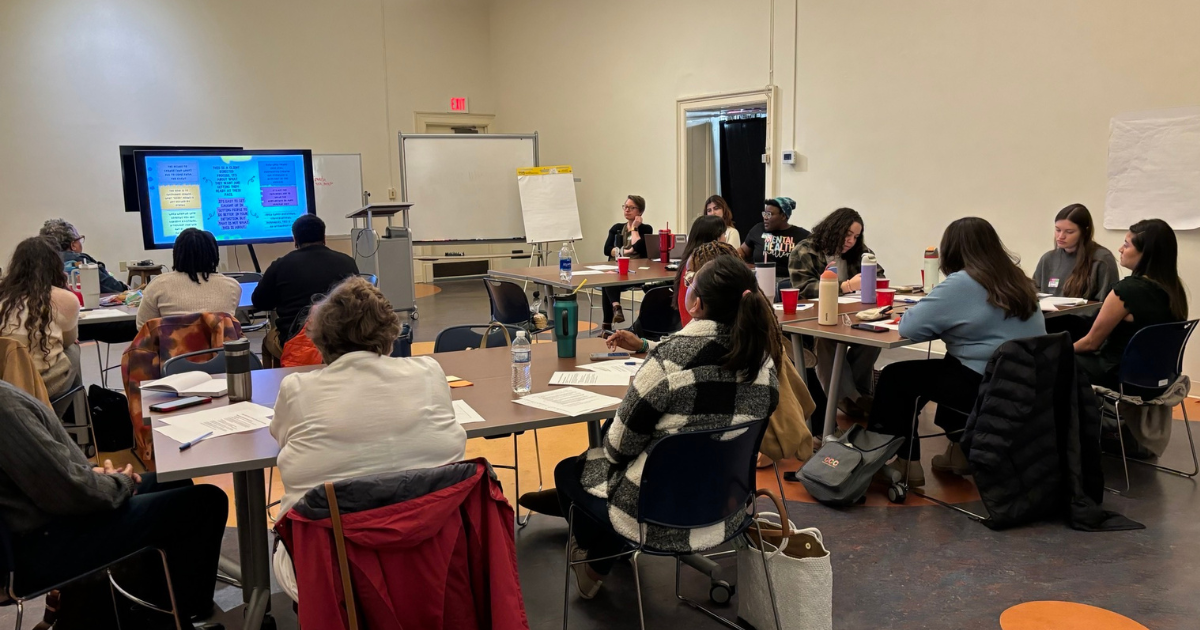
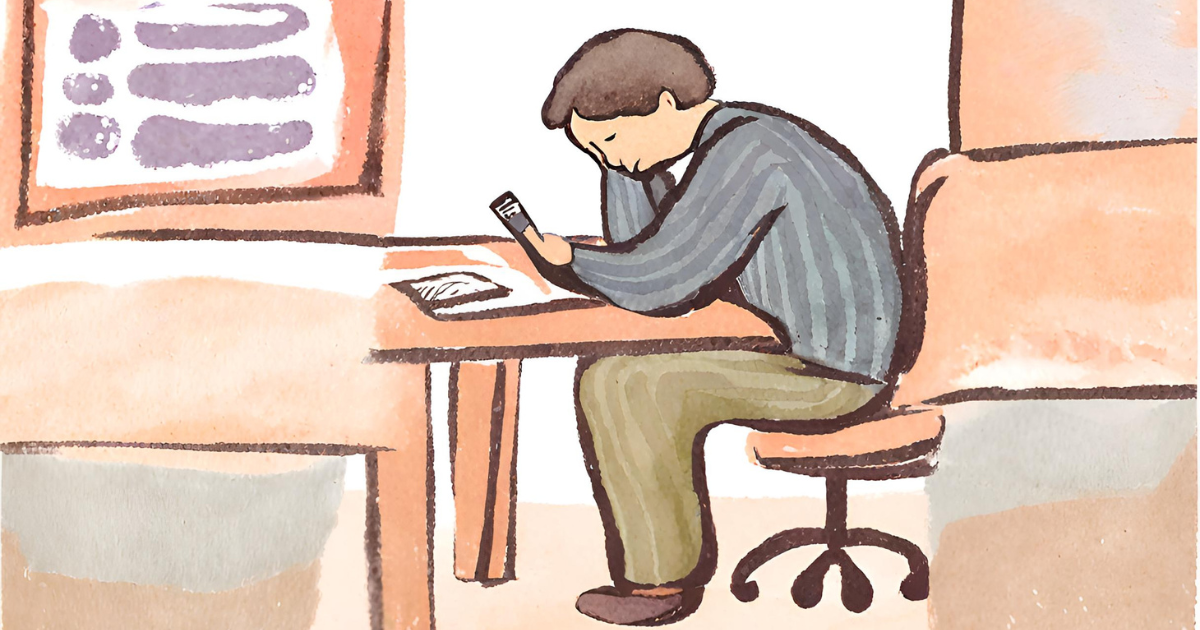

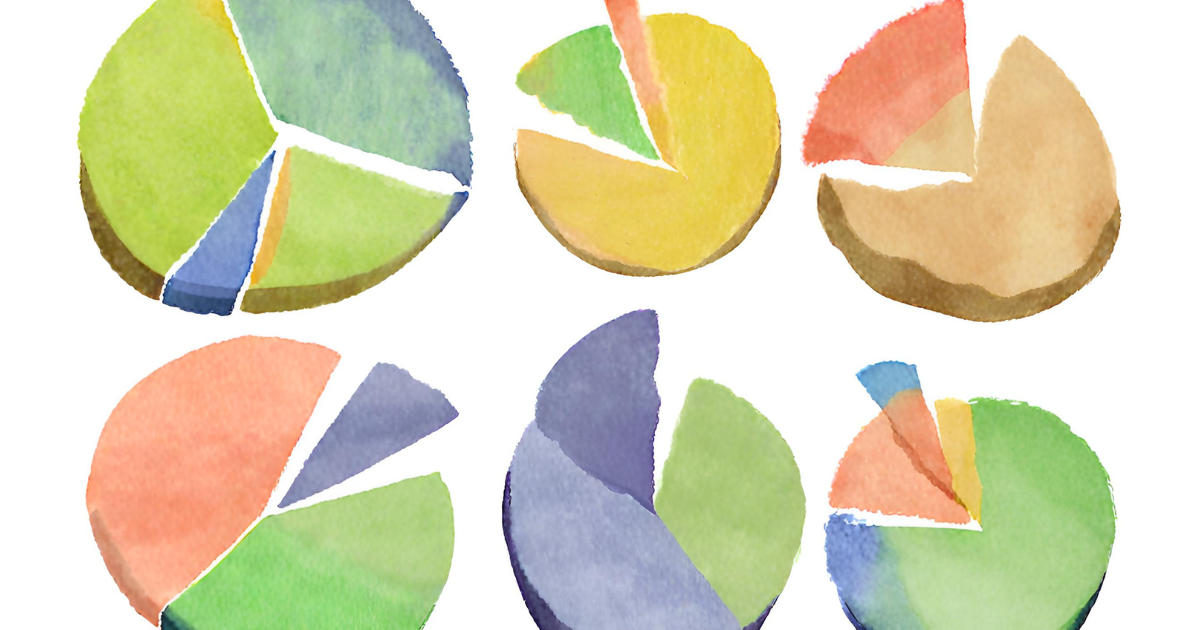
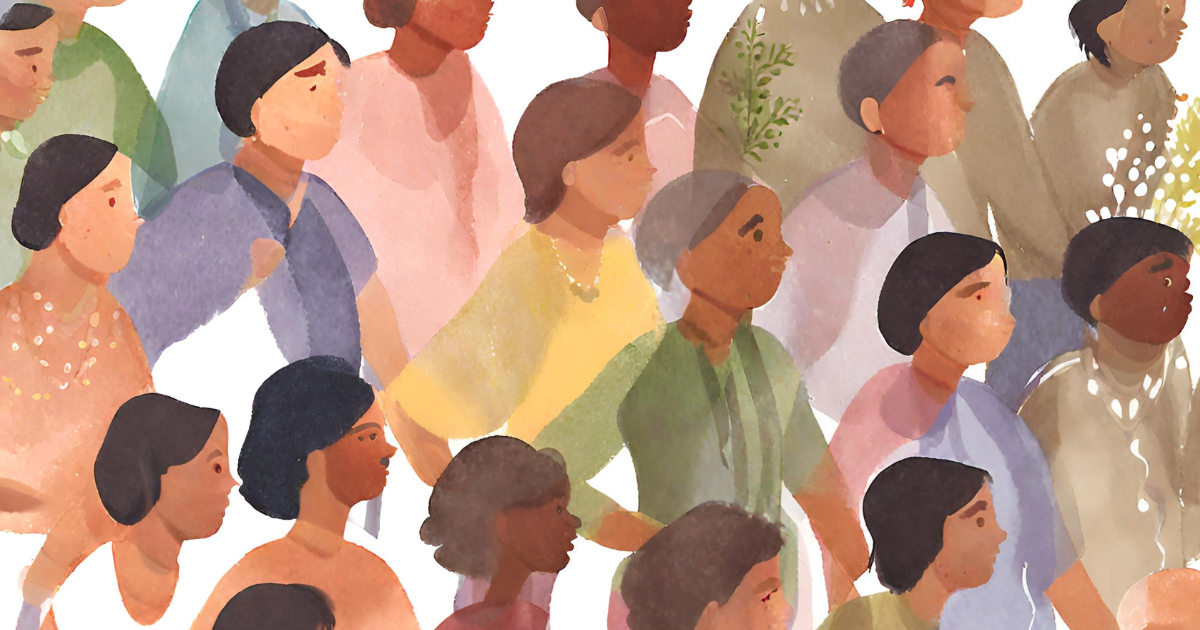
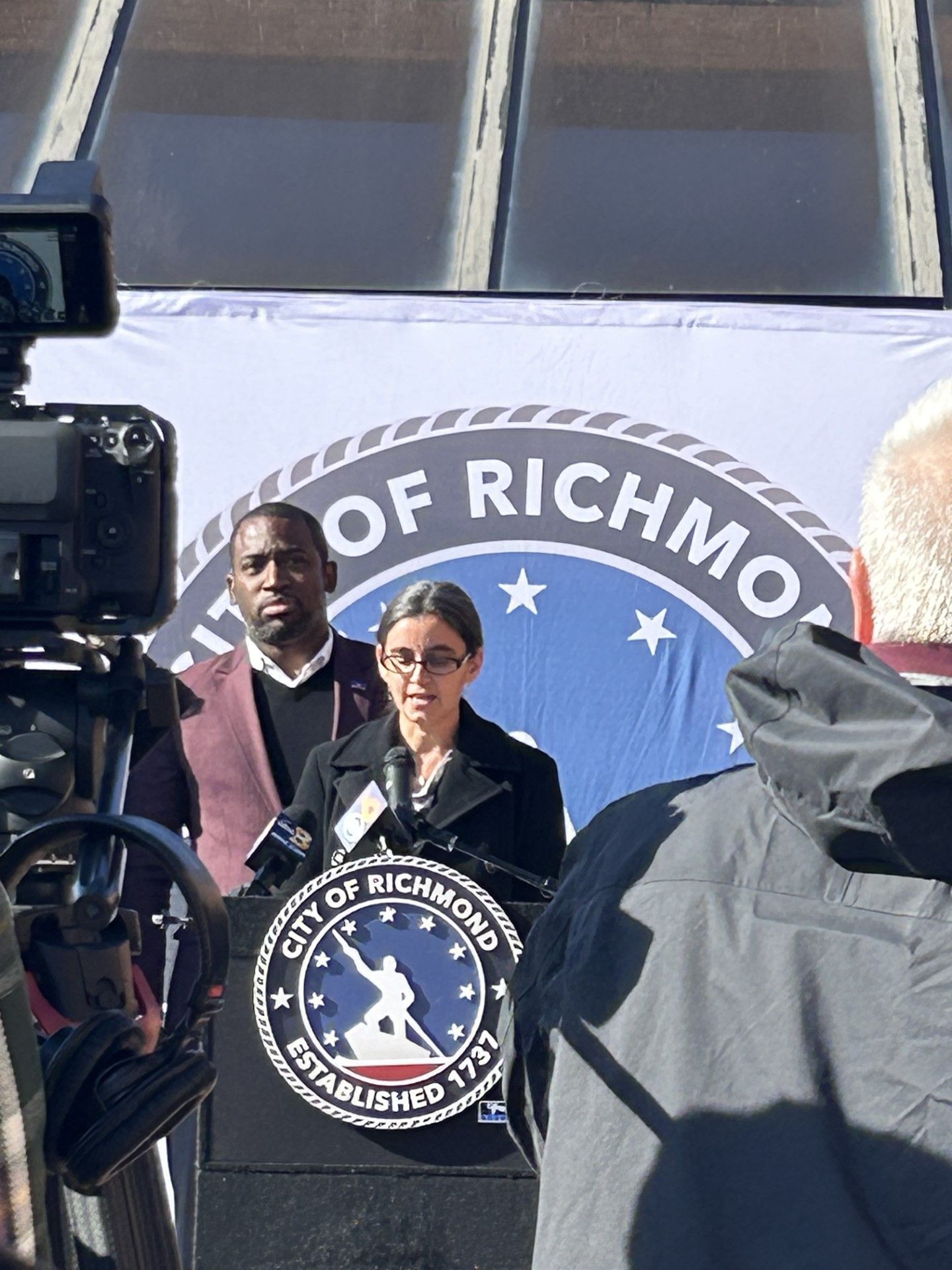
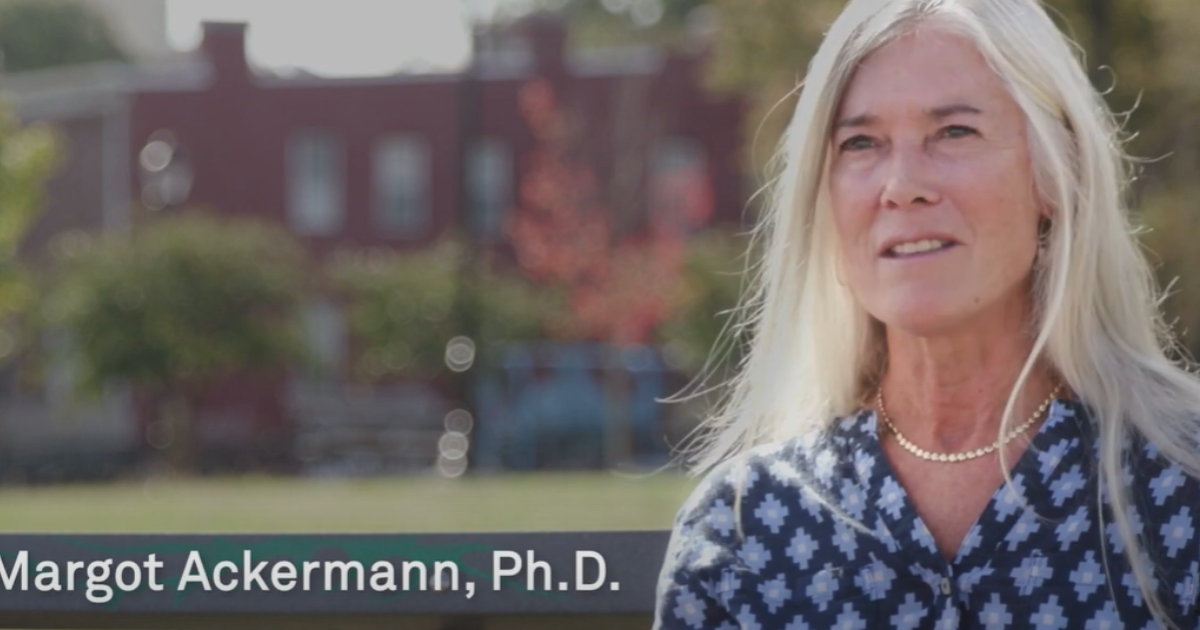
Every donation counts.
Useful Links
Contact info
info@homewardva.org
If you are within 3 days of losing housing, call The Homeless Connection Line: 804-972-0831 . If you are more than 3 days away from losing housing, call The Housing Resource Line: 804-422-5061
All Rights Reserved | Homeward










